Communication
Find creative ways to encourage your baby or young child to communicate, including sign language and Augmentative and Alternative Communication (AAC) options.
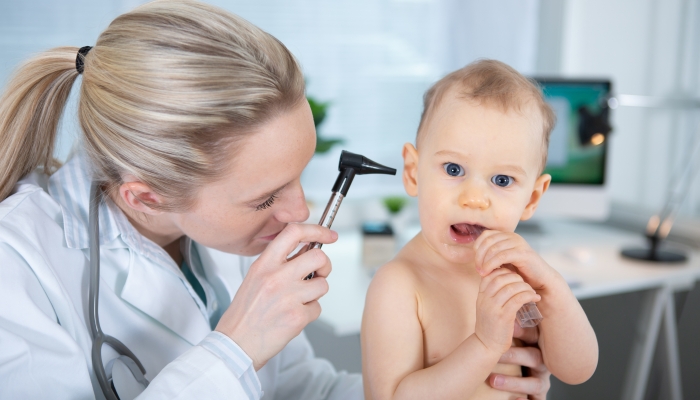
Communication, Health & Nutrition
Recurrent Ear Infections and Their Impact on Speech/Language Development
Learn more about the relationship between recurrent ear infections and their potential effect on speech and language development.

Communication, Potty Training
How to Use Sign Language for Potty Training
Sign language can be helpful for potty training young children who are pre-verbal, kids with special needs, or for multilingual families.

Communication, Visual Impairment
Teaching Your Visually Impaired Child Sign Language
Jennie writes about how she taught her son, Max, to sign. Max is totally blind and does have a few verbal words, but using signs to augment his early communication...

Communication, Visual Impairment
Helping your blind child develop effective listening skills
Learning to listen carefully and distinguish between different sounds is an important skill for any child, but espeically for children with visual impairments. Lesley Potgieter explains how to assess your...
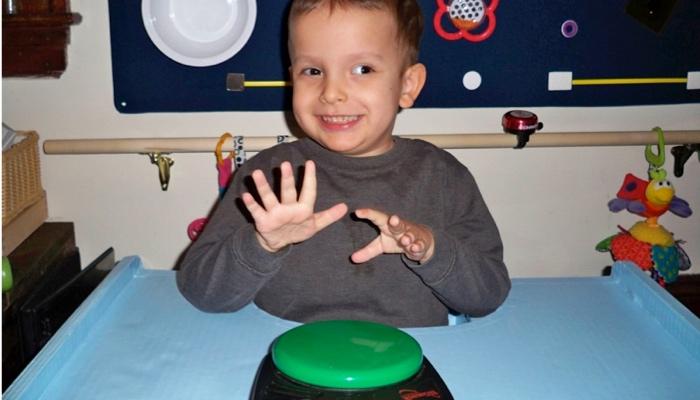
Assistive Technology, Communication
Switch Play: Using a switch for communication and play!
For children who are non-verbal or have low motor coordination, switches can be a great way to augment their play. If you're just getting started with a switch you may...
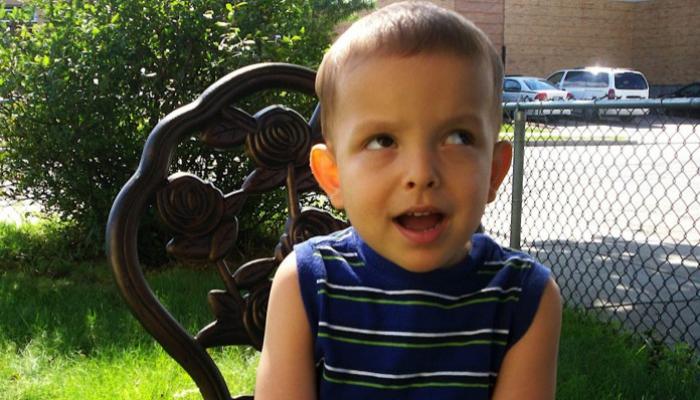
Communication, Visual Impairment
You Can Say That Again! Echolalia in Visually Impaired Children
Learn why children who are visually impaired repeat back what they hear, and how parents can help minimize repetition in a constructive way.
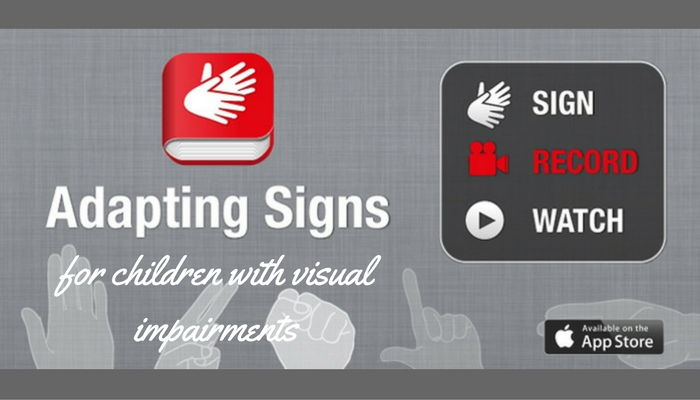
Communication, iPad Apps and Accessibility
Adapting Signs App for Children with Vision Impairment
This app gives tips on how to adapt signs for blind children including videos and written information. It also allows you to create your own dictionary of signs.
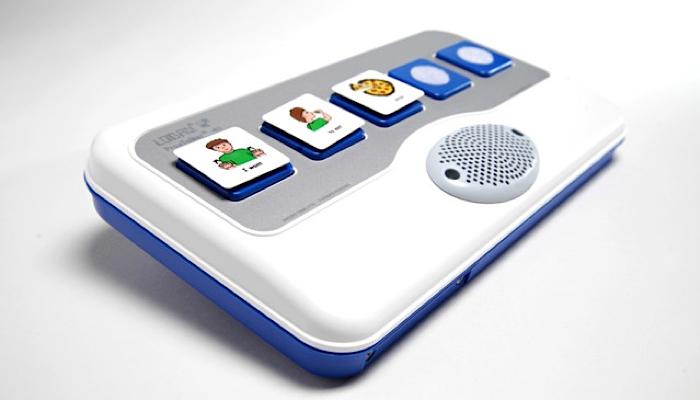
Communication
The ProxTalker Communication Board with Real Objects
The ProxTalker is a communications device that gives nonverbal kids a voice. Tags can be customized for your child's specific situation, and added and revised as necessary.

Communication
Sign to Speech to Text – The Next Big Thing for the Deaf Community
New technology translates sign language to speech and speech into text, making communication between those who sign and those who don't much more seamless.
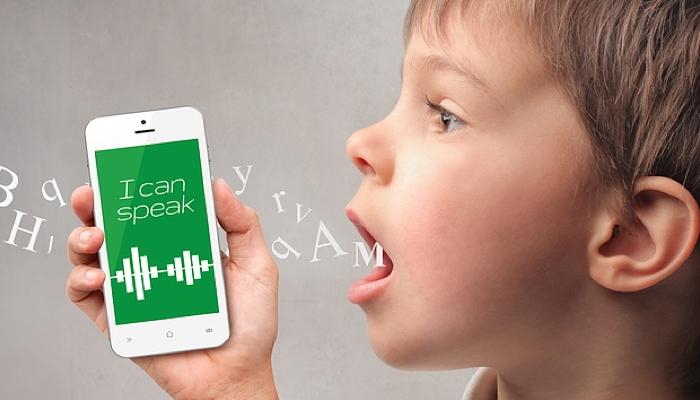
Communication, iPad Apps and Accessibility
Talkitt® Makes Unintelligible Speech Understandable
Talkitt translates unintelligible speech from any language into understandable speech through smart phones, tablets or computers. Works for people with speech disorders or diseases or syndromes that affect speech.
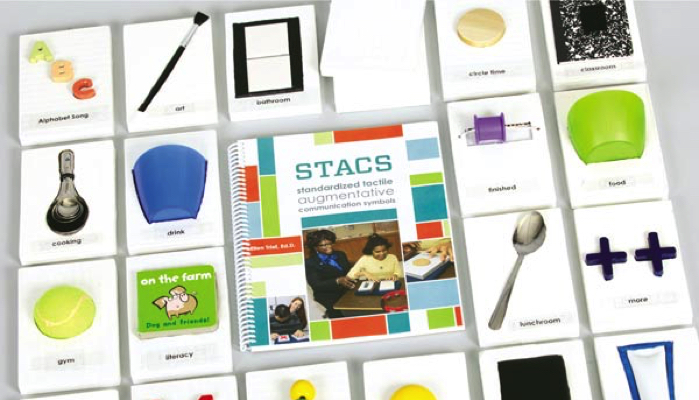
Communication
STACS: Standardized Tactile Augmentative Communication Symbols Kit
Tactile symbol systems are valuable tools that aid learners with conversations about people, places, events, and ideas.

Communication
Looking Deeper to Find the Person Within
Lesley Potgieter writes about reaching a child who cannot speak. Our ability to communicate via speech is the way the world accepts and interprets us, but Lesley argues that we...
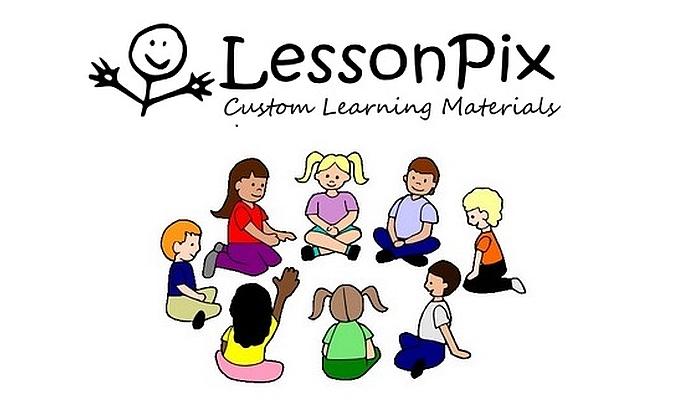
Communication
LessonPix Online Materials: Symbols & Visuals
Large pictures can be a great way to introduce concepts to children with low vision and can really help kids who need help with communication.
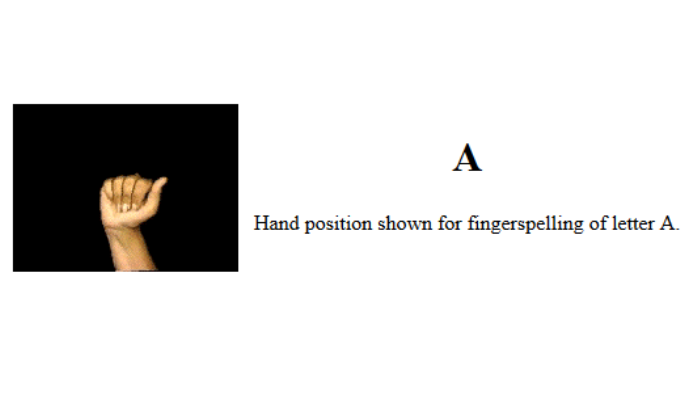
Communication, Special Needs
American Sign Language (ASL) Browser
The American Sign Language Browser allows you to choose any word starting with any letter and watch a short Quick Time video demonstration of that word being signed.
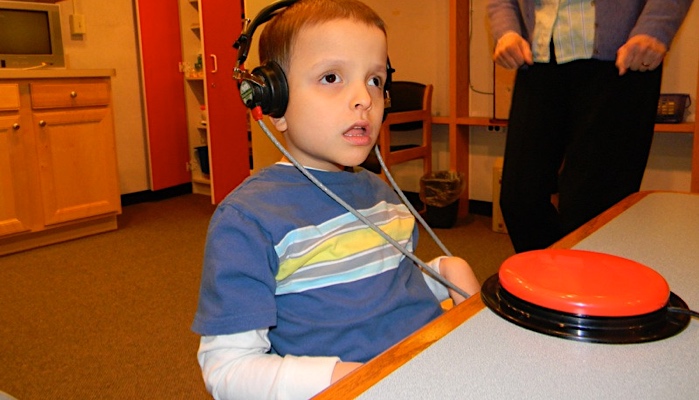
Communication
A Visit to Audiology
We visit an audiologist to check our blind son's hearing. What will the audiologist do? What can we learn?